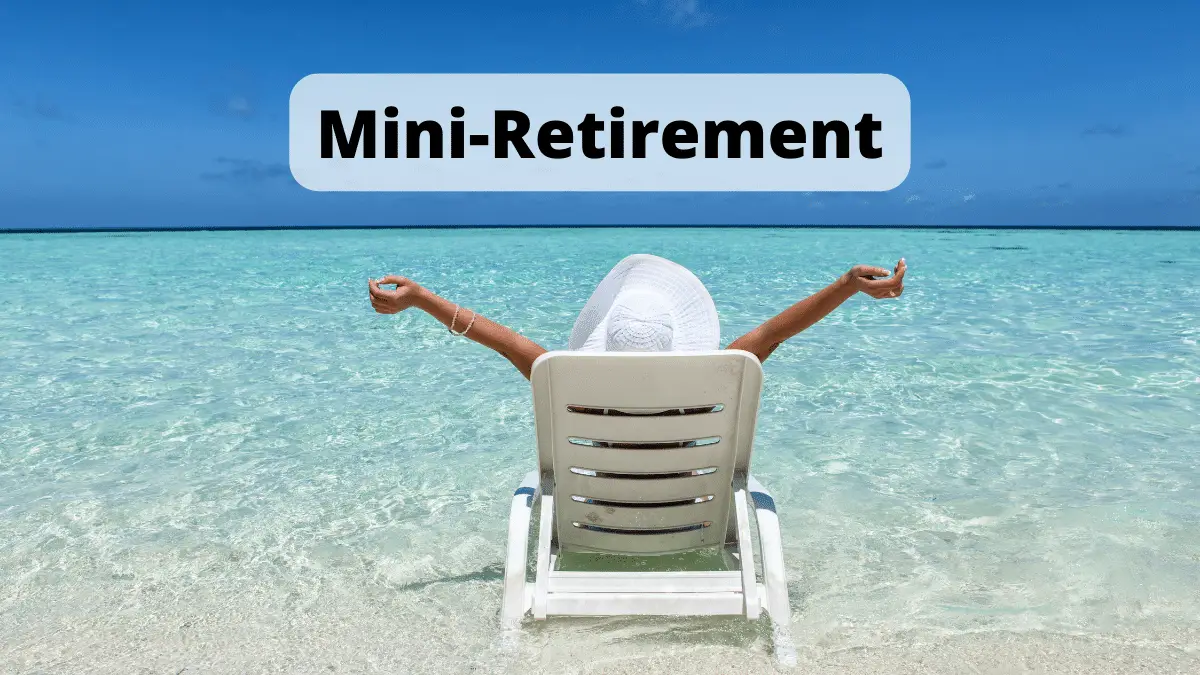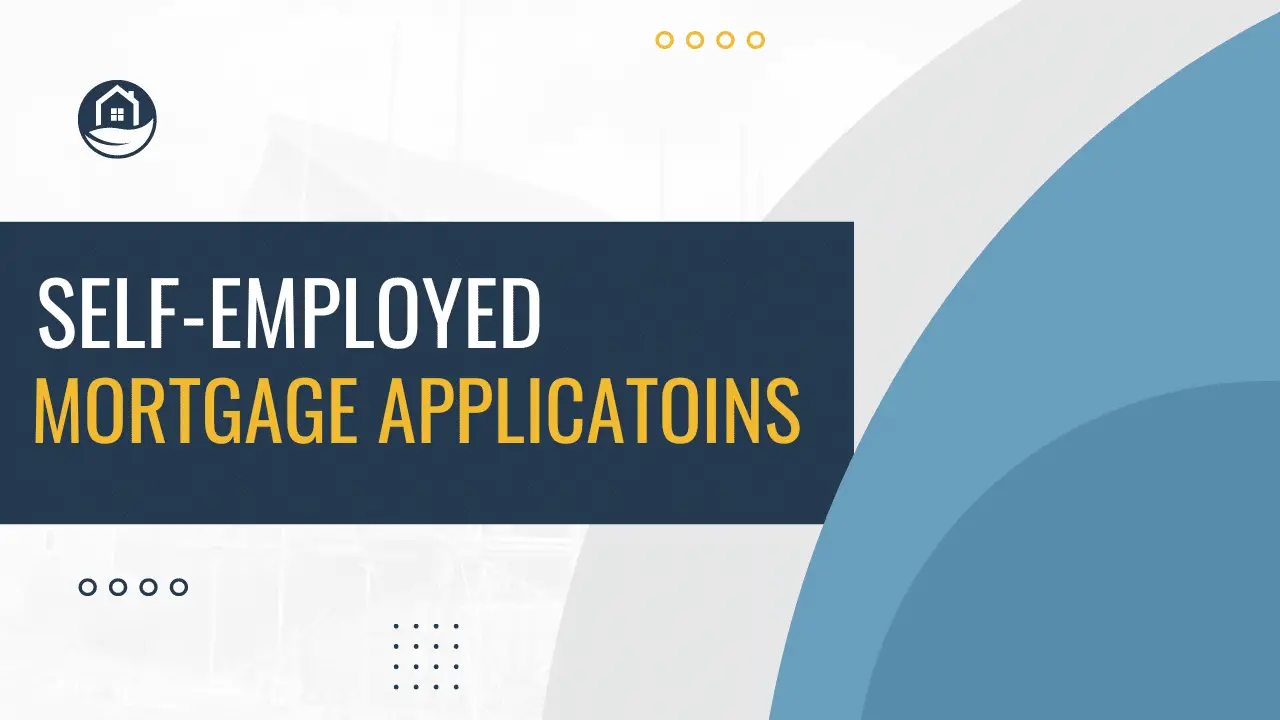There is one thing we can all agree on and that is that nobody is guaranteed a tomorrow. But the vast majority of us put off enjoying life and doing what we want until we retire which in Ireland can be anywhere from 60-67 (maybe as low as 50 in certain industries).
Are we crazy to be waiting until we are past our prime to really take the foot off the accelerator and enjoy retirement?
We may have breaks in employment due to layoffs, health reasons, etc but these are rarely planned and do not feel like a break where you can truly destress and enjoy your time off.
There has been a growing movement toward people taking mini-retirements, but does this make sense for Irish people?
What is the definition of a mini-retirement
There is no simple definition of what a mini-retirement is, it is a planned, extended break from work that can range from a couple of weeks to several years taken at a time in the middle of your career. The time you take will be highly dependent on how much money you have sitting on the side to play with.
Upsides
More achievable than FIRE – The FIRE (Financial Independence Retire Early) movement always captures the attention of people longing to quit their jobs, but in reality, it is quite tough to achieve. Some forms of FIRE will require you to save up to 70% of your monthly income, you will basically have no life whatsoever with the hope of retiring early.
Whereas a mini-retirement can be much more feasible, most people will be able to put aside enough savings to help them take at least a 6 months break from work comfortably.
Time to pivot – sometimes you are caught in the rat race for so long that you don’t have time to sit back and think about what you would really like to be doing for a living. Weeks, months and even years can blend from one to another without much changing.
Taking some much needed time off outside of your 4 weeks annual leave a year can give you the time you need to reassess what is most important to you and even try out things you always wanted to. Maybe there is a hobby you have that you have always dreamed about turning into a business that you just never had the time to do for example.
Health benefits – stress can be one of the most dangerous things for your overall health. If you are stuck in a highly stressful and high-pressure environment for a long period it is natural for this to end up taking a toll. Sometimes what you need to remedy this is to take a complete break and a mini-retirement might be the answer.
Downsides
Let us now talk about some of the downsides of taking a mini-retirement so we get the full picture.
Less tax efficient – when you invest your money into a pension fund in Ireland you will receive tax benefits for doing so, depending your income levels you can receive a tax credit of either 20% or 40% and then this investment will be able to grow tax free until your retirement.
When you are diverting money way from this to use for a mini retirement you will be losing out on on this tax benefit.
Losing out on the compounding benefits – not only do you lose out on the tax benefits when taking a mini-retirement but you also lose out on the compounding effect of investing for your retirement earlier.
You might be losing out on 25% of your retirement income by waiting ten years to set up a pension
Source: https://www.irishlife.ie/blog/start-small-end-big/
Stunted career growth – You will have to live with the consequences of the impact a career break can have on your future career growth. If it is a couple of years then it may raise some eyebrows of employers when you go back to interviewing for roles after your mini-retirement. You may forego having a higher salary if you take a prolonged break.
If you have a good relationship with your current employer then they may be willing to take you back no matter how long of a break you take if you do feel like going back to the same job post-mini-retirement.
Waste of time – if you do not have a plan for your mini-retirement it could end up being a complete waste of time. A lot of planning and preparation should go into what you want to get out of your break from work. Whether you have physical or mental health goals, educational goals, or things you want to experience through travel.
You might end up feeling worse off than you did before the mini-retirement if you feel like you achieved nothing during it.
How much should I save for a mini-retirement?
Your first step will be working out what your standard monthly living expenses are currently, don’t forget the annual bills that you pay once a year such as car insurance and tax (average these into your calculations).
Let’s say your current monthly expenditure comes to €2,000 all bills included. If you were looking to take a year out then you would need a minimum of €24,000 put aside. But to be safe you should not stop there.
Build in a buffer for the time it may take you to find work again towards the end of the mini-retirement. Ideally, you should have an emergency fund set aside that you do not dip into even during the mini-retirement. The rule of thumb for emergency funds is that they should at least cover 3-6 months of monthly expenses.
If you were to take this into account then an additional €6,000-€12,000 would be required that you would need to leave untouched.
But everyone will have their own risk tolerances based on what stage they are in life and what their family circumstances are.
Disclaimer: This blog post is purely an opinion piece and should not be construed as financial advice.






